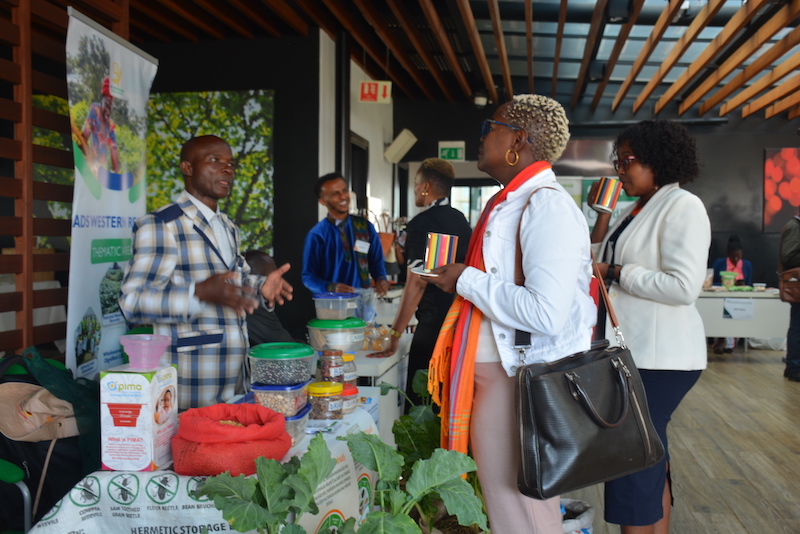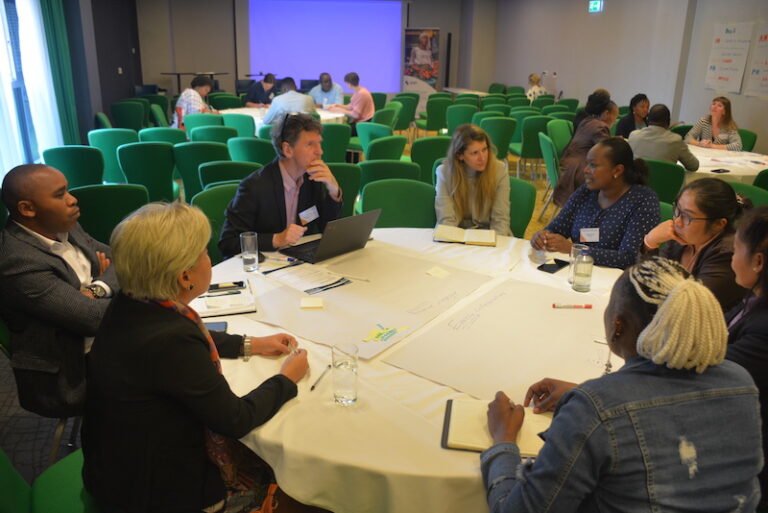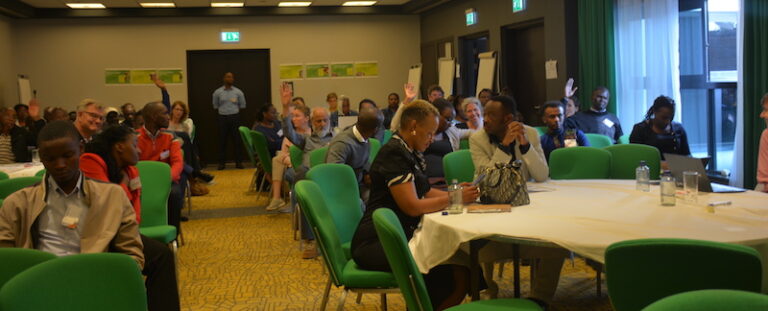On the 15th of November 2023, members of the SIANI network gathered in Nairobi and online for a full day of inspirational presentations, knowledge exchange, and networking. The theme of the day was Partnerships and collaborations for food system transformation – here is a summary of what happened.
The 2023 regional SIANI meeting was held in conjunction with an AgriFoSe2030 workshop. It brought together AgriFoSe researchers and SIANI members from academia, civil society, government, the private sector, and farmer associations. All stakeholders had the opportunity to meet, network, share knowledge and expertise, and provide input on SIANI’s activities.


